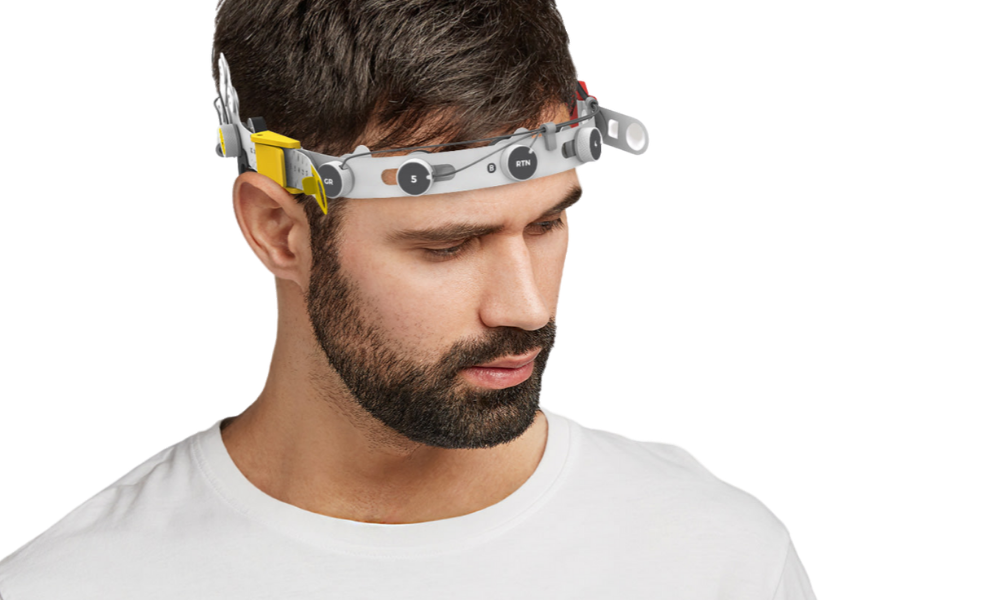New headset measures impact on the brain, CEO says solution will help employers identify impairment

Since the legalization of cannabis in 2018, cannabis impairment and drug testing have grown to be huge areas of interest for employers around Canada.
Current testing methods remain limited, various sources describe drug testing as “invasive” and “inaccurate” as they don’t accurately measure the amount of tetrahydrocannabinol (THC), the principal psychoactive constituent of cannabis, in the body.
Or at least, even if THC is found in the body, it doesn’t necessarily mean that the worker is impaired because THC can linger in the body for up to three weeks.
Numerous tech solutions have cropped up in recent years, including mobile apps and even fingerprint testing. Adding to this roster, a neuroscience-based impairment testing might be the next big thing.
Zentrela
“The existence of the current drug test is because of our lack of understanding of the human brain,” says Israel Gasperin, founder and CEO of Zentrela, Inc.
Zentrela is a social purpose for-profit company founded in Hamilton, Ont. The company’s mission is to use neurotechnology to describe cannabis effects in the most objective and accurate way. It has received backing from a number of sources, including the provincial government.
The solution created by the company mixes science and tech.
Gasperin says that he created the company because despite the legalization of recreational cannabis, current drug tests weren’t adequate enough to accurately test THC levels. He said he had a vision for an “objective, science-based system.”
Zentrela received $1.1 million from the Ontario government to fund its research, and also received backing from the Ontario Centre of Innovation and the Ontario Brain Institute.
This research funding, says Gasperin, has allowed for the company to come up with commercially viable new technology.
Connected tech
Zentrela’s solution is a headset called the ‘Cognalyzer’. As opposed to traditional body fluid analysis, the headset measures the impact of THC on the brain to test the wearer for cannabis impairment.
This neurotechnology detects and measures the effects of cannabis based on brainwave analysis – it converts brainwaves into a cannabis effect level which is then easily measurable by the user (and, potentially, by the employer).
Part of the device is disposable, while the electronic component is reusable (and linked to Bluetooth to track usage). The results, says Zentrela, are quick and effective.
“Within 15 mins you can have an objective, science-backed process,” says Gasperin.
Gasperin says that though the company eventually wants to offer the device in workplace settings, the first step for them is to pilot the test for road side law enforcement, who could use it to test drivers suspected of being impaired.
Privacy concerns
Aside from concerns around effectiveness, another criticism levelled at body fluid testing (most often urine testing) is that it is invasive – not to mention a relatively unpleasant experience for the testee.
Gasperin says that safety and privacy are of big importance to Zentrela:
“All of the research that we are conducting needs to be approved by an ethics board. Part of the protocol for a wearable is safety, but also includes best practices to keep private the participation of consumers.”
Adoption of tech in the OHS sector has been accelerated by the pandemic, legal updates – such as the legalization of cannabis – could help push the adoption of science-based solutions.
This is a sentiment shared by Gasperin, who says that this is just the beginning and that neurotech will evolve rapidly in future.
“[Zentrela is] finding something so complex,” he says, “we believe in our vision.”





